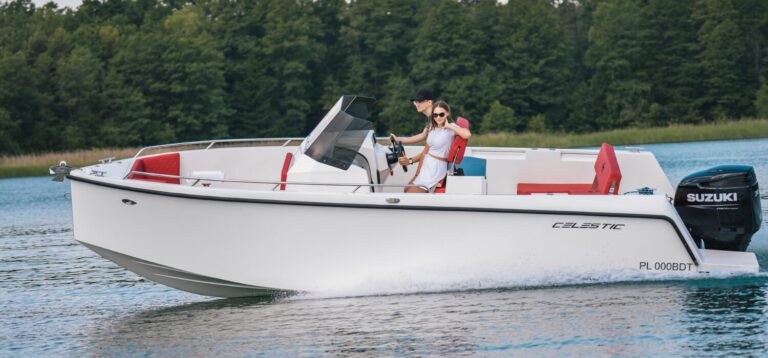
Introduction
As technology continues to evolve, the boating industry has not been left behind. In 2024, one of the most significant advancements reshaping the maritime landscape is the integration of cutting-edge electric engines into boats. This transformative shift brings forth a new era of sustainable, efficient, and innovative boating experiences.
The Rise of Electric Boating
Electric boat engines have gained remarkable traction in recent years, driven by the global push towards environmental sustainability and the desire to reduce the ecological impact of marine activities. These engines are becoming increasingly popular for various reasons, ranging from their eco-friendly nature to the enhanced performance they offer.
Eco-Friendly Navigation
One of the primary advantages of electric boat engines is their minimal environmental impact. Unlike traditional combustion engines, electric propulsion systems produce zero emissions during operation, contributing to cleaner and greener waterways. This shift aligns with the growing emphasis on sustainable practices in the boating community.
Advanced Battery Technology
The heart of electric boats lies in their advanced battery technology. In 2024, we witness a surge in the development of high-capacity, lightweight batteries that can power boats for extended periods. Lithium-ion and other innovative battery technologies have paved the way for longer cruising ranges and reduced charging times, making electric boating more practical and appealing.
Efficient Performance
Electric engines offer instant torque, providing a swift and responsive boating experience. The absence of noise and vibrations associated with traditional engines contributes to a smoother and more enjoyable ride. Additionally, electric propulsion systems often require less maintenance, reducing the overall cost of ownership.
Smart Connectivity
Boat manufacturers are incorporating smart technologies into electric engines, enhancing the overall boating experience. From intuitive control interfaces to connectivity features that allow boat owners to monitor and manage their vessel’s performance remotely, these innovations redefine convenience and accessibility on the water.
Infrastructure Development
As the demand for electric boating grows, marinas and docking facilities are adapting by investing in electric charging infrastructure. In 2024, we see an increasing number of marinas equipped with fast-charging stations, providing boaters with the necessary infrastructure to keep their electric vessels powered and ready for the next adventure.
Challenges and Future Prospects
While the electric boating revolution holds immense promise, challenges such as the need for more widespread charging infrastructure and the development of even more efficient batteries persist. However, ongoing research and development efforts in the marine industry suggest that these challenges will likely be addressed, opening doors to even greater advancements in the coming years.
Conclusion
The year 2024 marks a pivotal moment in the history of boating with the widespread adoption of electric engines. This technology not only aligns with global efforts to reduce carbon footprints but also introduces a new era of efficiency, performance, and innovation in maritime travel. As electric boating continues to gain momentum, it’s evident that the waves of change are transforming our waterways for the better.




